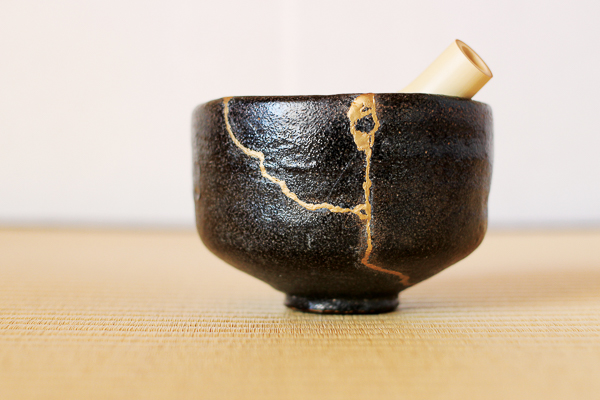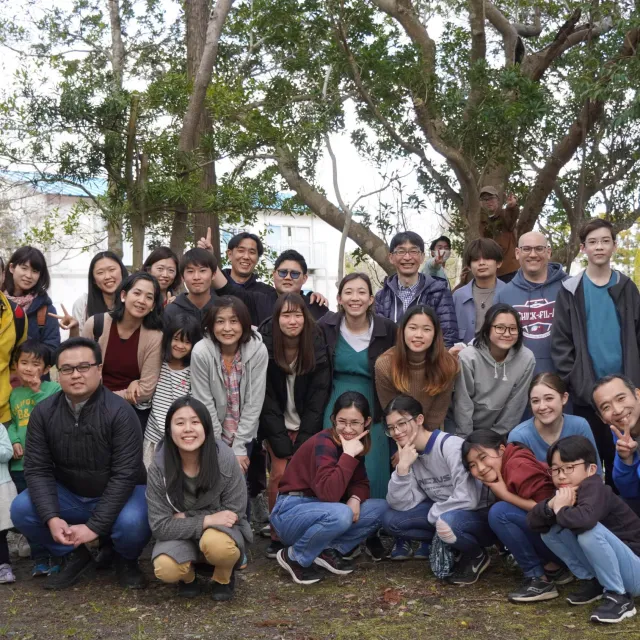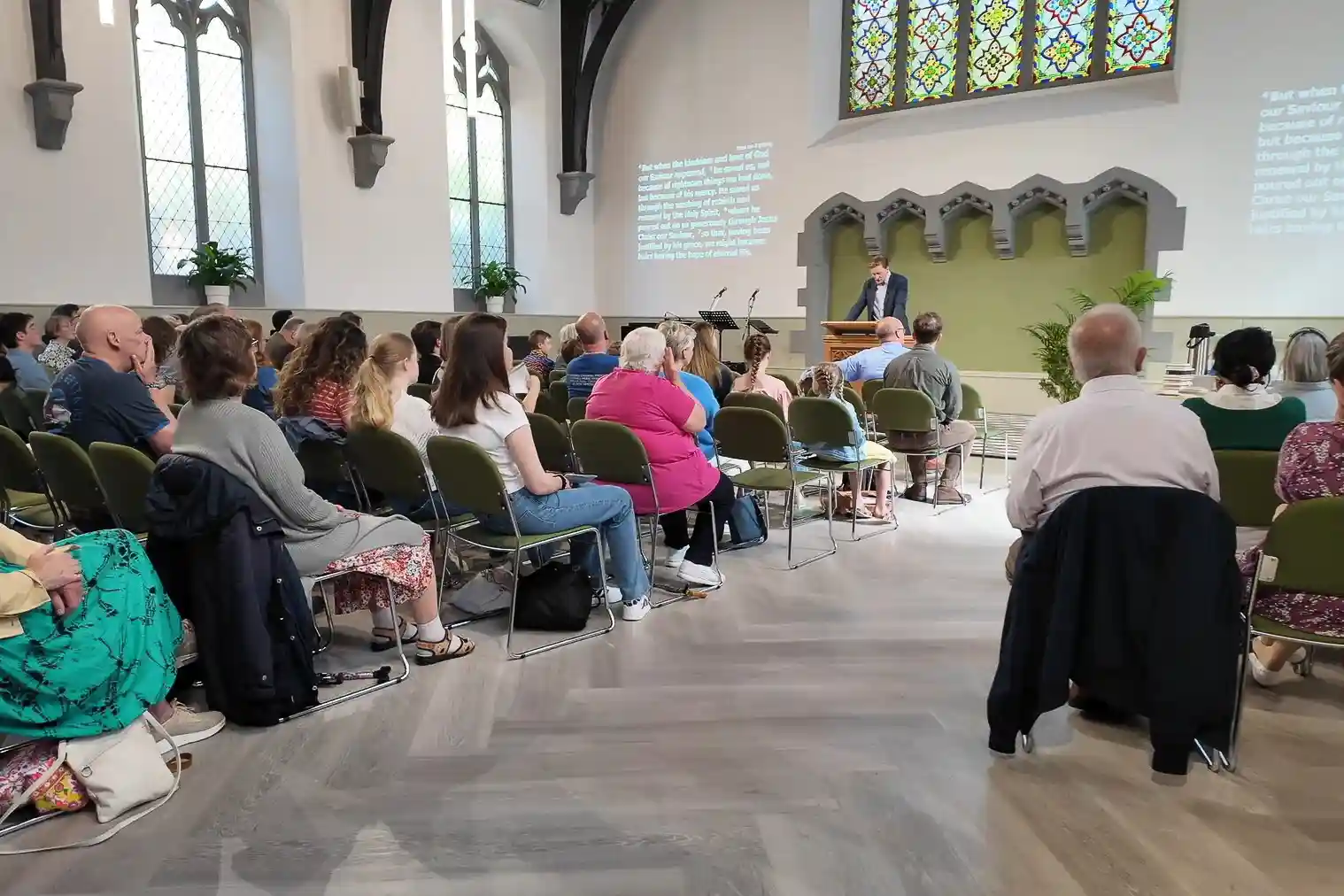Story Shorts
Japan & Ukraine

Editor’s Note: “Story Shorts” are snippets of stories of lives transformed from MTW fields around the globe.
Kintsugi: Hope in the Broken
by Roger Lowther
Students and professors packed the lecture hall, part of a weeklong series of events at the university. An ambassador and other dignitaries attended as well. I spoke about kintsugi, the traditional Japanese art of joining broken pottery shards back together with gold, and the people who have been personally impacted by this art form—a woman mourning the loss of her husband, a man estranged from his grandchildren, a young couple beginning a new life together.
Kintsugi is not about fixing; it’s about recreating into the new. Our world is fracturing and falling apart, but that’s not the end. There is hope, and kintsugi speaks to us about this hope, one broken piece at a time.
During the Q&A that followed, one young woman tentatively raised her hand and asked, “Can something be too broken to fix? Can there be a future for … such a person?”
She trailed off as she began to cry. The whole room became silent, moved by compassion for this young woman. Not knowing what else to do, I ended the lecture, came down from the stage, and walked up the aisle to her seat.
“Would you mind if we prayed for you?” I asked gently.
“If you want to …”
We bowed our heads. As everyone prayed together, we understood the gospel in new and powerful ways. A broken Christ on a broken tree does not end with a Good Friday evening, but the brilliance of an Easter morning. We tangibly felt the presence of God bring healing into the unexpected realm of a secular lecture hall. There is hope, and kintsugi whispers to us of this hope, one broken piece at a time.
Ukraine War Weighs Heavily on English Camp Students
by Jon Powell
This year’s English Camp in Lviv, Ukraine, had a war heaviness about it. One student’s uncle even died on the front lines during the camp. But the seriousness of the war may have contributed to students’ willingness to think about their own lives—their direction, future, and ultimate meaning. Through it all, it was a meaningful, memorable week together filled with English lessons, English Bible lessons, hobby classes, sports, evening talks, games, and late night chats.
One student had many deep discussions with various camp leaders and volunteers. One evening he spent over an hour talking very frankly with a missionary about what our local church is like and why it exists.
Another student does not have a church background. She came to the camp with all sorts of negative stereotypes about Christians. But she had an open mind. Through the daily Bible readings and interactions with other Christians her view of Christianity changed completely! She is looking forward to the student ministry meetings this fall to learn more about what faith in Jesus entails.





